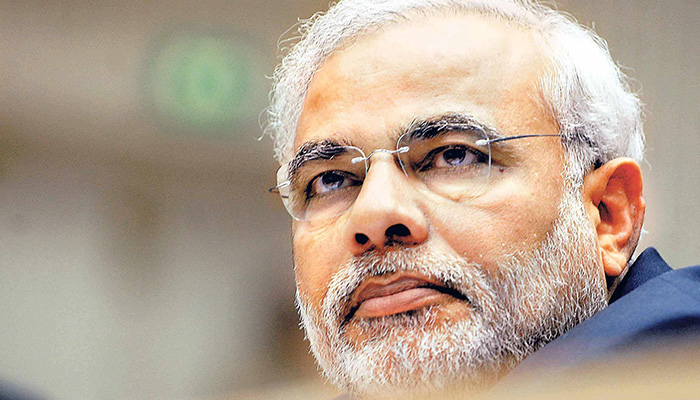Sales of BS4 vehicles have been canceled since 2020
The apex court bench of Bombay High Court on Wednesday dismissed a petition filed by automobile manufacturers to provide additional opportunity for sale of BS4 vehicles. At the trial, the tri-chamber pledged bribe to automobile manufacturers and ordered them not to sell BS4 vehicles anytime after April 1, 2020.
What is BS4?
Bharat Stage (BS) and the Gas Gas Emission/ Pollution Control Criteria. The Central Pollution Control Board earmarks this criteria under the Department of Environment, Forest and Climate.
This will change it from time to time. The central government has put this benchmark to control the pollution rate of vehicles. Thus, from April 1, 2017, the central government has strictly ordered the sale of BS4 vehicles.
This will change it from time to time. The central government has put this benchmark to control the pollution rate of vehicles. Thus, from April 1, 2017, the central government has strictly ordered the sale of BS4 vehicles.
Following BS4, the central government had instructed automaker companies to sell BS6 vehicles instead of BS5 on April 1, 2020. Thus, companies have asked for more time for sales of BS4 quality vehicles. The Supreme Court has stepped up the scandal of government and automobile companies. The court ordered the strict order not to allow any reason.
What is BS6?
Available in 2019:
BS6 fuel will be available on April 1, 2019 in the national capital, including Gurgaon, Noida, Ghaziabad and Faridabad. BS6 will be fueled by BS6 vehicles across the country from April 1, 2020.
When was it implemented in India?
In 2000, the BS benchmark was passed in India in accordance with European standards. In 2005 the BS2 criteria came into force. In 2010 the BS3 criteria were implemented. In April 2016 the BS4 Criterion was brought into existence in 13 major cities, including Bangalore. The Central Government has ordered all vehicles in the country to have a BS4 benchmark from April 1, 2017.
What was the rule before BS-2?
In 2002 the Government of India received a report from the Mashelkar Committee. This report recommended that the implementation of the Euro-based Pollution Control Criteria in India. It was reported in the report that this criterion was first implemented in major cities and then gradually implemented by expanding to other parts of the country a few years later. The National Vehicle Fuel Policy was officially announced in 2003 on the basis of this report. Later in October 2010, Bharat Stage-3 was implemented throughout the country. The BS-6 benchmark is set to be implemented in India by 2020.
What happens if BS4 fuel is put to BS6 vehicles?
BS6 cars have additional components in the updated hardware (injector) and exhaust stream that operate from BS6 fuel. For example in the exhaust system there is also a diesel particulate filter and some urea injection. Diesel Particulate filters need to be changed rapidly as a block of high sulfuric old fuel used in a new engine. In addition, the engine operates less than its efficiency. Affects mileage and overall smoke emissions on the vehicle. The problem with BS4 fuel in the BS6 car is that it quickly becomes known.
What if BS6 fueled BS4 vehicles?
The chemical content of the petrol from BS4 to BS6 does not differ significantly. But there is a real difference in diesel. In comparison to the existing diesel, the new diesel is low in sulfur. Previously available diesel was 500 ppm (sq.m.) sulfur. The present diesel is 50 ppm of sulfur and is known as low sulfur diesel. There are only 10 ppm of sulfur in BS6 fuel. It's more clean and good for the environment. The engine also works well. There are long-term effects with the use of BS6 fuel on the BS4 engine.
The chemical lubrication of the injectors in sulfur diesel engines in fuel helps. Diesel engines rely on injectors to convert the liquid into spray drops. If sulfur is low in diesel, there is a problem in the injector. Also smoke emissions will increase.



Comments